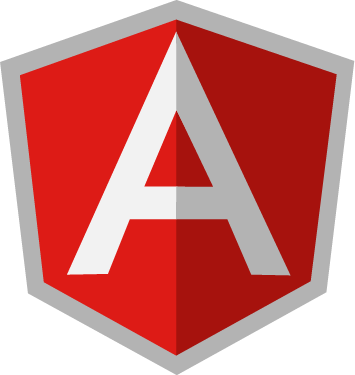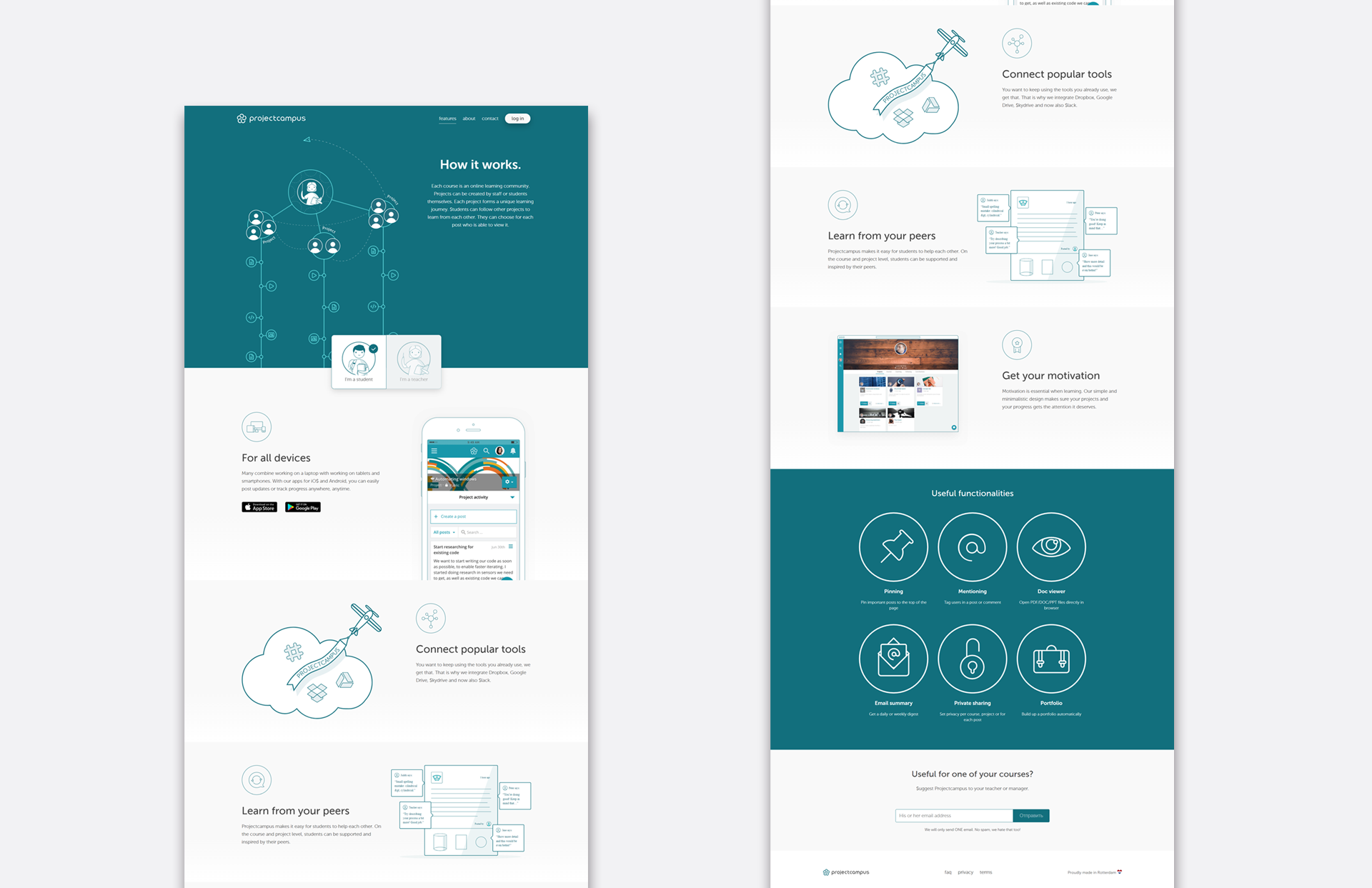
ANGULAR.JS
Angular is a JavaScript framework for developing complex and highly loaded websites and web systems, as well as applications for iOS and Android, as the basis of Ionic technology. Angular is an open source development by Google, one of the three most popular javascript frameworks.
Angular is a universal front-end development environment with an MVC design template built on TypeScript that allows you to write productive applications with a minimum of errors.
The Angular framework is a working environment for creating software products that simplifies code writing and makes it structured. Each framework is literally a framework that contains a set of rules for building an assembly. It also includes modules, for example, a compiler, libraries, toolkits, APIs for connecting services - in general, large fragments of ready-made code, which make it easier to assemble a ready-made solution for various tasks.
MVC (Model-View-Controller) is a scheme for dividing program data. According to it, the Controller interprets the user's action and notifies the Model. It changes the state according to the user's commands, and the View displays these changes for the user. This logic allows you to modify each component independently of the others - it is the basis of Angular.
The main advantage of Angular is its clear structure, which is ideal for large projects. It has more tools out of the box than other frameworks, along with custom solutions. Along with this, you get a set of rules, syntax, and scripts to follow to make the connections and components work correctly. Angular is praised by all developers who have to manage one or more teams, it is strict and structured internally, which optimizes collaboration but does not limit the implementation of the most unusual functions.
Many out-of-the-box features mean that developers don't have to connect third-party solutions, the code is cleaner, and its reliability is many times higher. As an adaptive framework, Angular provides ways to create services, modules, and components, making it easier for developers to understand the structure of the project and scale it when needed with minimal resource consumption.
Google updates Angular every six months, but you don't even have to worry about major changes - all additions will automatically be pulled up to your project. Each of the past updates has fixed significant drawbacks of the framework, and there are even more improvements in the pipeline, so it can be called the best solution for a serious project with a development strategy. In addition, there are not as many custom solutions for Angular as for its competitors, since Google, in particular, is engaged in modernization and improvements. You don't have to worry that one of the ops solutions will stop being supported, and with it, some of your functionality will disappear.
Angular had and still has a high entry threshold - programmers need to know not only basic JavaScript, but also its extension TypeScript. This language works to improve the structuredness of the code, which means it speeds up its writing and error detection. In addition, developers need to understand the tremendous capabilities of built-in libraries, such as RxJs, on top of which Angular was created, and learn how to use them so as not to overload the project. Those who know how to do this create incredibly powerful, functional, and productive web applications, while others will simply suggest that you choose another framework. This won't necessarily be worse for your project, for example, React is able to create beautiful and user-friendly interfaces, so it's great for startups and single-page web applications.
Angular js is the first version of the framework created in 2008. It was written in javascript and intended for web designers, not developers. Two years later, Angular JS became open source and with the help of the community quickly became a popular tool for developing websites and applications. Since 2016, Google has released a new version of Angular (2.0, without the JS ending) - a full-fledged framework that is completely different from its predecessor. It is this framework that is now called simply Angular that this article describes.
The latest version of Angular JS 1.7 was released in 2018 and is currently in a long-term support period, which is scheduled to end in 2021. If your web application is currently running on Angular JS, it won't stop functioning after the support period ends, but it will no longer be secure on its own, and when a browser update is released, it may stop running in it.
The best thing you can do to save your project is to migrate it to Angular or another JS platform, such as Vue.js or React. The first option is preferable if you don't want to rewrite the application from scratch, are ready to update gradually, and take advantage of Angular. Moreover, Google has developed a migration guide, and we have experience in solving such problems.
Angular is the best JavaScript framework for large projects and loaded web applications with complex business logic. It is worth choosing if you are facing large-scale and non-standard tasks. Angular is a set of tools that can be used to bring any idea to life and ensure that it will work quickly and stably.


